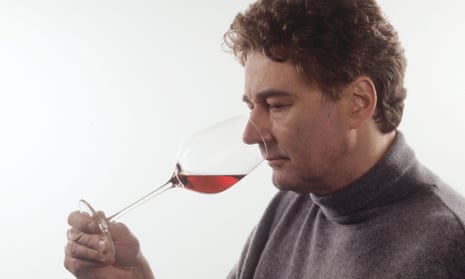Chinese wine tasters beat the French team in a shock victory at the world blind tasting championships last weekend, in what organisers called a ‘thunderbolt in the wine world’. China put its success down to knowledge and luck.
The way a glass of wine tastes is influenced by a range of different signals, from smell and temperature to your surroundings, mood and what it looks like. In a well-known example, if you dye white wine red, it tastes completely different (even though the dye doesn’t change the taste) and most people won’t recognise it as white wine. Even when it’s a high quality white wine, once food colouring is added, experts will say: ‘I don’t know what this is, but it’s not very good.’
It’s because our perception system works according to expectations. If you think a wine will be good or bad, or red or white, the brain primes itself to taste it in that way, regardless of what the tongue’s sensors tell it. It is so subjective that it is actually closer to what we might describe as ‘good taste’ - a synthetic combination of sensory information, knowledge – and a degree of showmanship.
Dr Daniel Glaser is director of Science Gallery at King’s College London

Comments (…)
Sign in or create your Guardian account to join the discussion